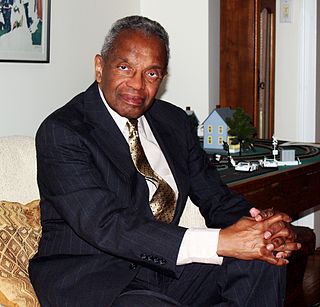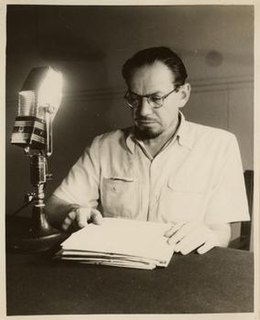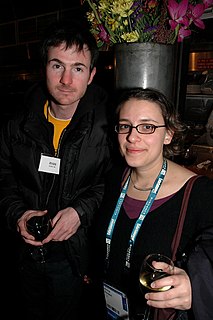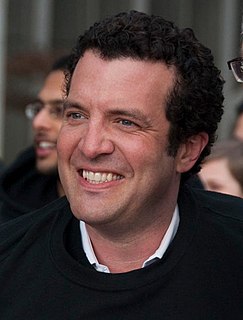A Quote by Tabatha Coffey
Sometimes, in order to follow our moral compass and/or our heart, we have to make unpopular decisions or stand up for what we believe in. It can be difficult and even frightening to go against the grain, whether it's a personal disagreement with a friend, partner, or family member or a professional decision that affects coworkers and colleagues.
Quote Topics
Related Quotes
We have to help decision makers realize that women's reproductive health rights are civil rights and that women need to be free to make the same decisions that men are free to make with regard to health care and whether and when to have a family. It's going to be increasingly important for women to speak up not only about being able to make our own decisions, but also about the importance of being trusted to make our own decisions.
I deeply believe - and not just as a matter of politics, but even as a matter of morality - that matters about reproduction and intimacy and relationships and contraception are in the personal realm. They're moral decisions for individuals to make for themselves. And the last thing we need is government intruding into those personal decisions.
The foundation of leadership is your own moral compass. I think the best quality leaders really know where their moral compass is. They get it out when they are making decisions. It's their guide. But not only do you have to have a moral compass and take it out of your pocket, it has to have a true north.
Decision-making is difficult because, by its nature, it involves uncertainty. If there was no uncertainty, decisions would be easy! The uncertainty exists because we don't know the future, we don't know if the decision we make will lead to the best possible outcome. Cognitive science has taught us that relying on our gut or intuition often leads to bad decisions, particularly in cases where statistical information is available. Our guts and our brains didn't evolve to deal with probabilistic thinking.
In order to make the tough decisions we have to know what our values are and who we're fighting for and our priorities and if we are spending $300 billion on tax cuts for people who don't need them and weren't even asking for them, and we are leaving out health care which is crushing on people all across the country, then I think we have made a bad decision and I want to make sure we're not shortchanging our long term priorities.
There is usually a clock in our heads regarding decisions we make and the course of our lives. Sometimes this clock is helpful in that it get us to move rather than put off key actions. Other times, it creates us false sense of urgency that can cause us to overreact, lost patience and make poor decisions. In raising this issue in my book, I want people to be aware of the clock in their heads and question whether that clock is helping or hindering the quality of each particular decision.


































